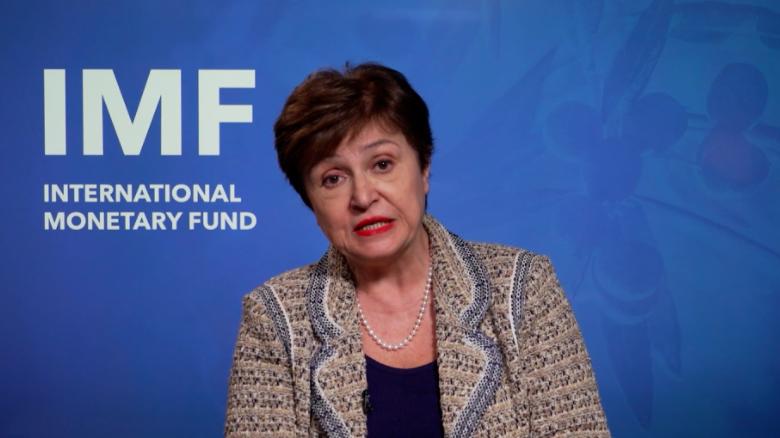Russia’s economy is collapsing, its currency is devaluing, and its debt is at the moment is worthless. An impending default may cost investors billions of dollars and prevent the country from accessing major funding markets in the process. As the government begins the process of paying $117 million in interest on dollar bonds on Wednesday, danger lights turn for holders of debt who have already watched the value of their investments plummet since Russia invaded Ukraine last month.
As long as sanctions imposed because of the war prevent dollar settlements, the government says that all debt will be serviced. If Russia fails to pay, or if it pays in local currency instead of dollars, it may trigger a cascade of defaults on nearly $150 billion in foreign-currency debt owing by the government and Russian corporations, including Gazprom and Lukoil.
Russia defaulted on ruble-denominated debt in 1998, and Argentina did the same three years later, rekindling memories of prior financial crises. BlackRock Inc. and Pacific Investment Management Co. are among the world’s largest money managers that are showing signs of financial deterioration. However, it’s unlikely to be restricted to only these massive sums of money. Because so much of Russia’s debt was rated investment grade only a few weeks ago, it is possible that the impact on pension funds, endowments, and foundations will be widespread because the securities were widespread in global fixed-income portfolios and benchmarks.
Russian Instruments Are Posing As Danger To Investors

Jonathan Prin, a portfolio manager at Greylock Capital Associates, remarked that it would be a monumental default. It will be the most significant default by an emerging economy; since Argentina’s in dollar terms. Since Russia’s default in 1998; this is really a strenuous damage to their capital market.
With sanctions and the evacuation of global companies like Coca-Cola and Volkswagen since the war began; Russia has already become a pariah in the business world. Capital controls have been imposed by the government to defend the economy and the ruble. The economy is contracting by double digits; and inflation is heading towards approaching 20%. According to the finance minister; about half of the country’s $300 billion in foreign exchange reserves are under lock.
With sales and profits down; enterprises will have a harder time meeting their obligations regardless of the Kremlin’s foreign debt payment policies. Default appears inevitable because of the sanctions and Russia’s many decrees in response. Swap markets estimate a 70% probability of it occurring this year. According to Fitch Ratings, it’s inevitable now. Some of the country’s bonds are at a value of less than 20 cents on the dollar; according to the country’s indicative pricing. The same notes traded above par, just a few days before the invasion.
The Russian Ruble Is Weakening
Additionally, the conflict has had a significant impact on a wide range of financial markets. Since the beginning of the year; the Russian ruble has lost nearly 35 percent of its value against the US dollar. This is Russia’s first foreign-currency default after Russia’s late-1990s default was on domestic debt; which they did not consider after the 1917 Revolution. As of Monday, Russia’s Finance Ministry had issued an order to pay $117 million; but it didn’t specify what currency they would have to pay out in. This week’s interest is not payable in rubles because of the provisions of the bonds. Russia has until April 15 to make good on its responsibilities; if it fails to do so during the 30-day grace period.

In terms of current outstanding government and company debt; about $120 billion is in dollars and the rest is in euros, Bloomberg reports. Gazprom, Russia’s state-owned natural gas company, issued bonds worth about $25 billion. There is a significant amount of debt, but it is unlikely to pose a systemic risk to financial markets. IMF Managing Director Kristalina Georgieva believes that banks’ risk is not structurally relevant; according to a statement she made over the weekend.












